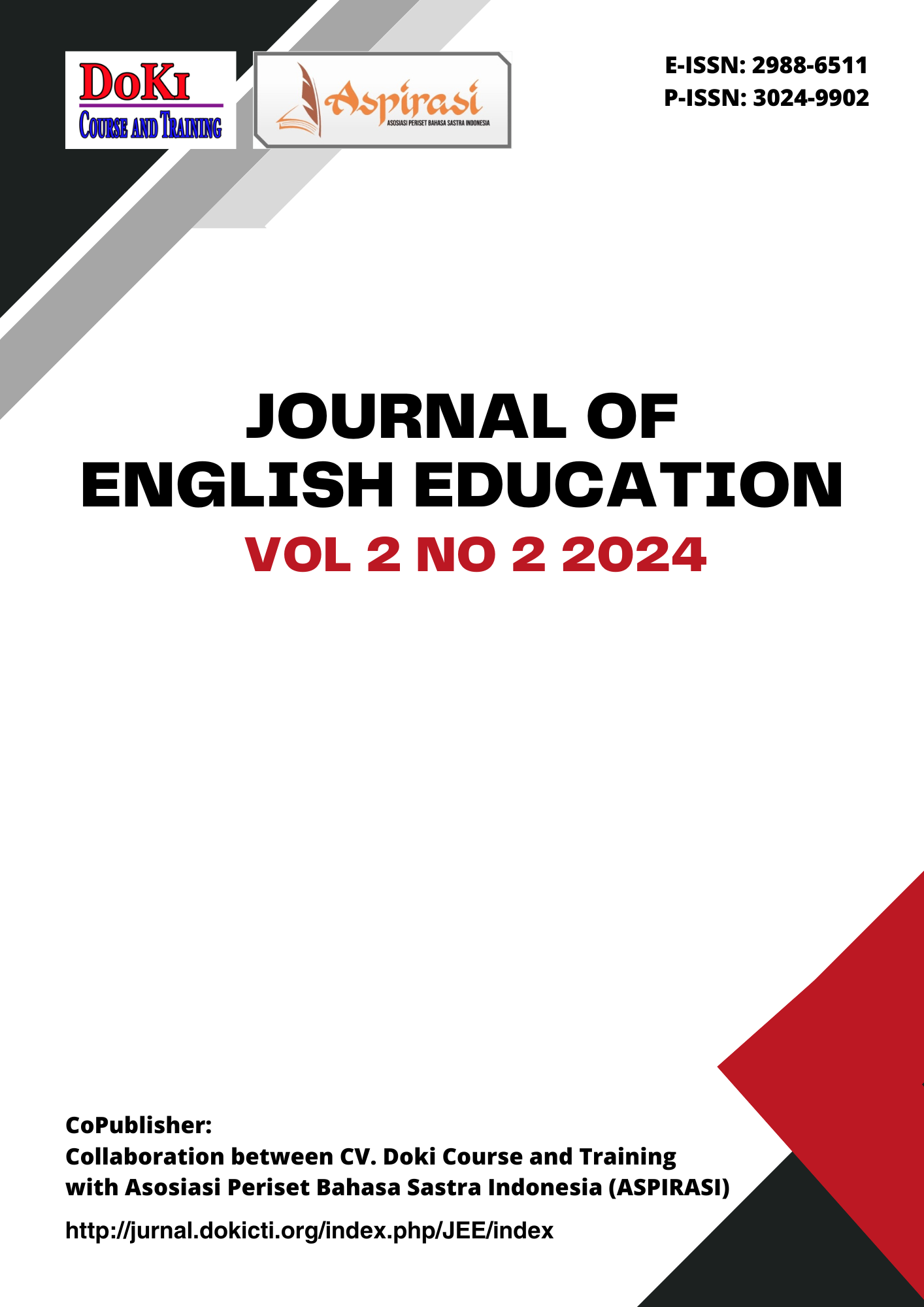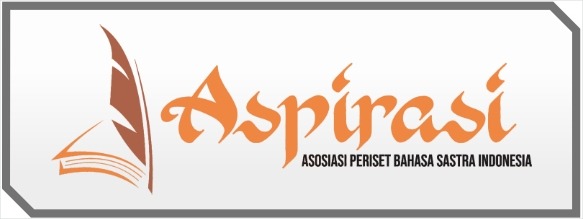Using Paired Reading Method to Improve Tenth Grade Students' Reading Comprehension
DOI:
https://doi.org/10.61994/jee.v2i2.709Keywords:
Paired Reading Method, Reading comprehension, Recount textAbstract
The objective of this study was to find out whether or not there was any significant differences of the tenth graders’ reading comprehension between the students who were taught by using paired reading method and those who are not at SMA Muhammadiyah 01 Palembang. this study's sample consisted of 71 students chosen using a purposive selection approach. they were placed into two groups: experimental and control groups. this study used a quasi-experimental design. the data collection tool was reading comprehension a using paired reading method, which was administered twice to the sample (pretest and posttest). there were 30 valid multiple-choice questions. the test resulted in a two-tailed significant difference (p=0,309) above the significance level (0.05). hence, the hypothesis was accepted, signifying a noteworthy distinction in reading comprehension between students was any significant differences of the tenth graders’ reading comprehension between the students who were taught by using paired reading method and those who are not at SMA Muhammadiyah 01 Palembang, the null hypothesis (ho) was rejected and the alternative hypothesis (ha) confirmed. there was a substantial to there was any significant differences of the tenth graders’ reading comprehension between the students who were taught by using paired reading method and those who are not at SMA Muhammadiyah 01 Palembang.
References
Akyol, H. (2003). Türkçe ilkokuma yazma öğretimi. Pegem Academy Publishing.
Brown, HD, & Abeywickrama, P (2019). Language assessment: Principles and classroom practices. Hoboken., NJ: Pearson Education
Cohen, L., Manion, L., & Morrison, K. (2017). Research Methods in Education (8th ed.). Routledge. https://doi.org/10.4324/9781315456539
Creswell, John W. (2018). Educational Research: Planning, Conducting, And Evaluating Quantitative and Qualitative Research. 6th Edition. Boston, USA: Pearson Education, Inc.
Elleman, A. M., & Oslund, E. L. (2019). Reading comprehension research: Implications for practice and policy. Policy Insights from the Behavioral and Brain Sciences, 6(1), 3-11. https://doi.org/10.1177/2372732218816339
Fraenkel, J. R., & Wallen, N. E. (2017). How to design and evaluate research in education. Order Department, McGraw Hill Publishing Co. Princeton Rd. Hightstown, NJ 08520.
Grabe, W., & Stoller, F.L. (2019). Teaching and Researching Reading (3rd ed.). Routledge. https://doi.org/10.4324/9781315726274
Liando, N. V., Katiandagho, C. W., & Rorimpandey, R. (2023). Improving Students’ Reading Comprehension Using Paired Reading Method. Jurnal Ilmiah Universitas Batanghari Jambi, 23(1), 698-704. http://dx.doi.org/10.33087/jiubj.v23i1.2946
Topping, K. J. (2014). Paired reading and related methods for improving fluency. International Electronic Journal of Elementary Education, 7(1), 57-70.
Wahyuddin, U. R., Sahraini, S., & Syam, A. T. (2022). The use of paired reading method to teach reading skill for the eighth-grade students of Islamic boarding school. English Education Journal, 13(1), 1-12. https://doi.org/10.24815/eej.v13i1.22335
Downloads
Published
Issue
Section
License
Copyright (c) 2024 Ismail Zaid Arzam, Heru Setiawan

This work is licensed under a Creative Commons Attribution-ShareAlike 4.0 International License.

Journal of English Education by https://jurnal.dokicti.org/index.php/JCSS/index
is licensed under a Creative Commons Attribution-ShareAlike 4.0 International Licensel
















